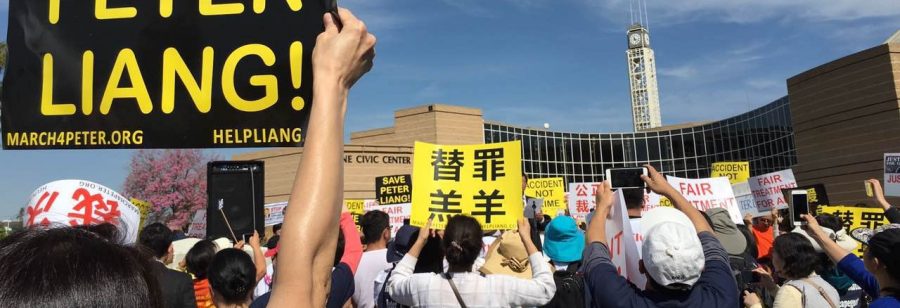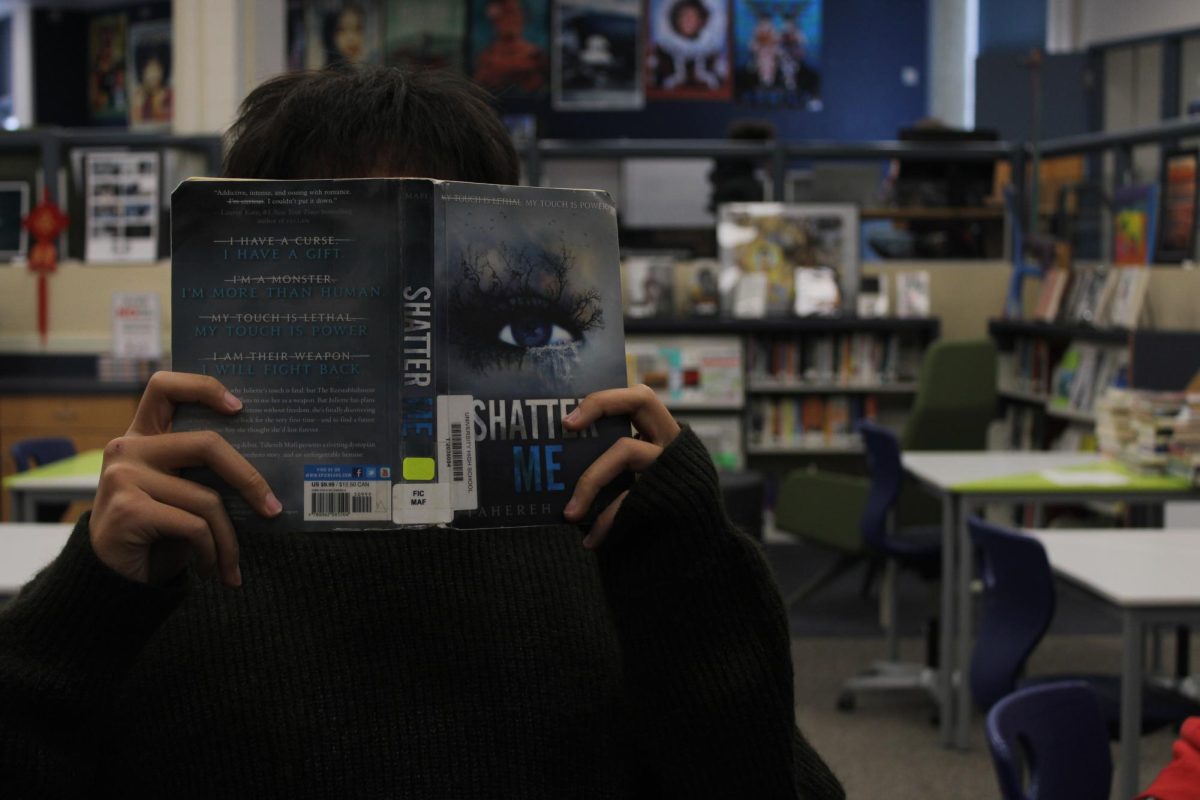
By MINA RHEE
Staff Writer
Last Thursday on February 11, a jury found Officer Peter Liang of the New York Police Department guilty of manslaughter and official misconduct for his shooting of Akai Gurley in 2014. Liang fatally shot Gurley, an unarmed black man who was coming down the stairwell of a New York housing project, in what Liang claimed was an accidental shot fired into the darkness because he had heard a noise coming from the stairwell. According to The New York Times, the shot ricocheted off the wall and hit Gurley’s heart, and he lay in his blood. Liang and his partner, upon realizing that the shot had hit Gurley, stopped only briefly and did not attempt to administer any help, as Gurley’s girlfriend, who was present at the scene, testified. According to CNN, the defense argued that Liang’s weapon had discharged in an accident, and that Liang had followed procedures. The prosecution argued that Liang had acted recklessly and negligently by firing a shot into the darkness, and had failed to administer any help for Gurley after realizing he had been shot, instead calling for his partner for help. The jury also found Liang guilty of official misconduct for his failure to administer any life saving measures, such as CPR, for Gurley.
Liang’s conviction has prompted many protests across in more than 30 locations across the country this weekend, with over 100,000 Chinese-Americans gathering in total, as reported by NBC News. Many of these protesters are Chinese-Americans who feel that Liang, as a Chinese-American man, has been convicted unfairly as a scapegoat for recent calls to increase police accountability regarding violence towards the black community, while white police officers who have been charged with similar crimes remain free. JusticeforPeterLiang.com, the website used to organize these meetings, lists among its slogans “No Scapegoating!”, “Stop Malicious Prosecution!” and “Equal Justice for All!”.
While it is true that Peter Liang did not get the same treatment as white police officers who were also tried for the shooting of unarmed black men, that does not mean that his conviction is unjust. Demanding that Liang receive the same recognition and support that his white cops received is essentially demanding that Liang receive the same white privilege that allows police officers to inflict violence on the black community with impunity. Just because white police officers have been unjustly unpunished for similar actions does not change the fact that Liang, through his negligence, killed a black man as a participant in a police system that is disproportionately violent towards people of color, especially black people. Asking why a white police officer can get away with killing a black man while an Asian police officer cannot should neither foreclose discussions about why police kill black people in the first place nor mean demanding that the actions of the Asian police officer be excused.
Although it is understandably frustrating that as an Asian man, Liang is convicted of crimes that white police officers remain unpunished for, a better, more productive demand is that white police officers be held accountable for their actions to the same level that Liang was. While the protests asked for “Equal Justice for All,” giving Liang a lighter sentence still is not justice for Akai Gurley and his family, who will continue to suffer from Liang’s actions. Even if Peter Liang was scapegoated, it was so that white police officers could continue to be held unaccountable for their murder of black people, an underlying problem that most of the protests in support of Peter Liang do not grapple with. Giving Liang a lighter sentence still reinforces the message that police officers should not be questioned for violent and discriminatory actions, which only serves to maintain a the system of white supremacy that convicted Liang but not white officers in the first place.
Recognizing that Peter Liang should be held responsible for Akai Gurley’s death and recognizing that Liang’s unique conviction is a product of racism are not mutually exclusive. Racial solidarity means recognizing that sometimes, as Asians, we can also be complicit in racially-motivated oppression, for which we must be held responsible for. We should not speak out only when it is advantageous to us, especially when it means doing so at the expense of other people of color.














